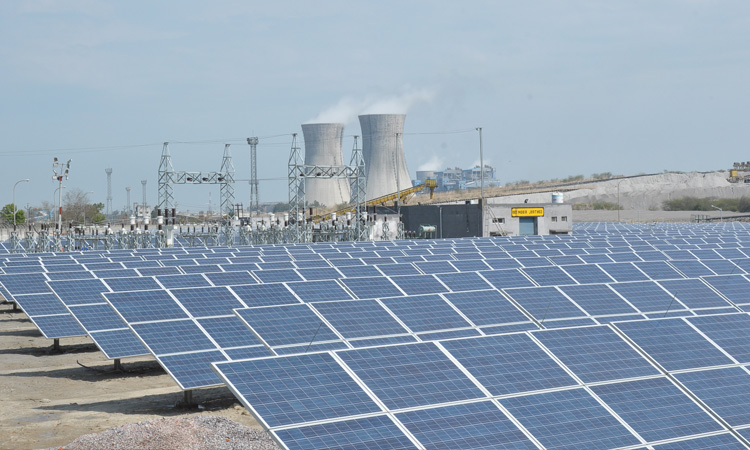The Indian Renewable Energy Development Agency has issued amendments to the 5 GW grid-connected solar power generation capacity tendered under the third tranche of phase II of the Central Public Sector Undertaking (CPSU) scheme.
State-owned power generators are required to develop this capacity on a build-own-operate basis either for self-consumption or use by other government entities. The solar electricity can be supplied to the beneficiary either directly or via power distribution companies on mutually agreed charges.
IREDA has increased the tariff ceiling to INR 2.45/kWh from INR 2.20 earlier. These charges shall be exclusive of any other third-party charges like wheeling and transmission charges and losses, point of connection charges and losses, cross-subsidy surcharges, etc.
The maximum permissible viability gap funding (VGF) for the projects, earlier fixed at INR 70 lakh per MW, has been reduced to INR 55 lakh per MW; the actual VGF to be given to the producer would be decided through a reverse auction using VGF amount as the bid parameter to select the solar developer.
Further, the commissioning timeline for the project is set as 30 months from the award of the project, irrespective of the capacity awarded to the developer.
Half the VGF support will be paid upon award of each engineering, procurement and construction (EPC) contract. The solar developer must sign the agreement with the EPC contractor within 12 months of the project award by IREDA.
This content is protected by copyright and may not be reused. If you want to cooperate with us and would like to reuse some of our content, please contact: editors@pv-magazine.com.









By submitting this form you agree to pv magazine using your data for the purposes of publishing your comment.
Your personal data will only be disclosed or otherwise transmitted to third parties for the purposes of spam filtering or if this is necessary for technical maintenance of the website. Any other transfer to third parties will not take place unless this is justified on the basis of applicable data protection regulations or if pv magazine is legally obliged to do so.
You may revoke this consent at any time with effect for the future, in which case your personal data will be deleted immediately. Otherwise, your data will be deleted if pv magazine has processed your request or the purpose of data storage is fulfilled.
Further information on data privacy can be found in our Data Protection Policy.